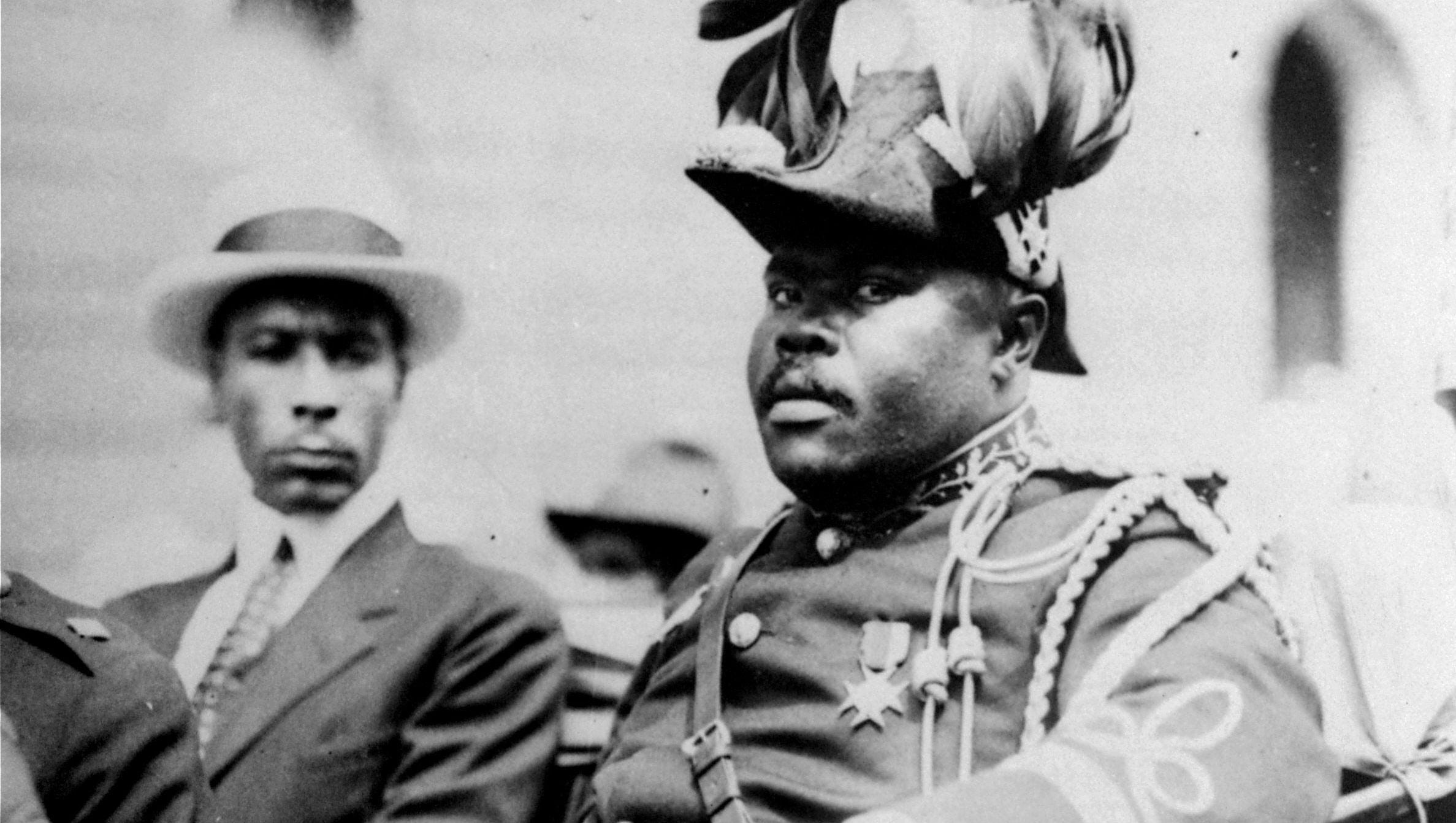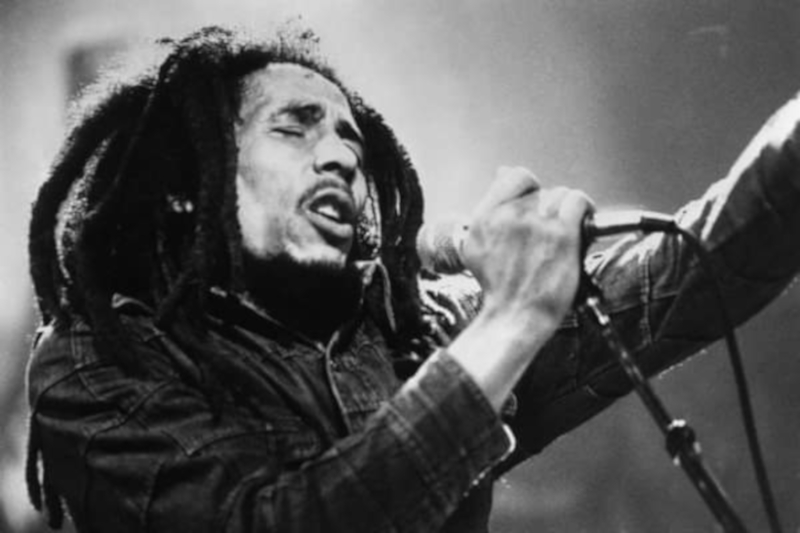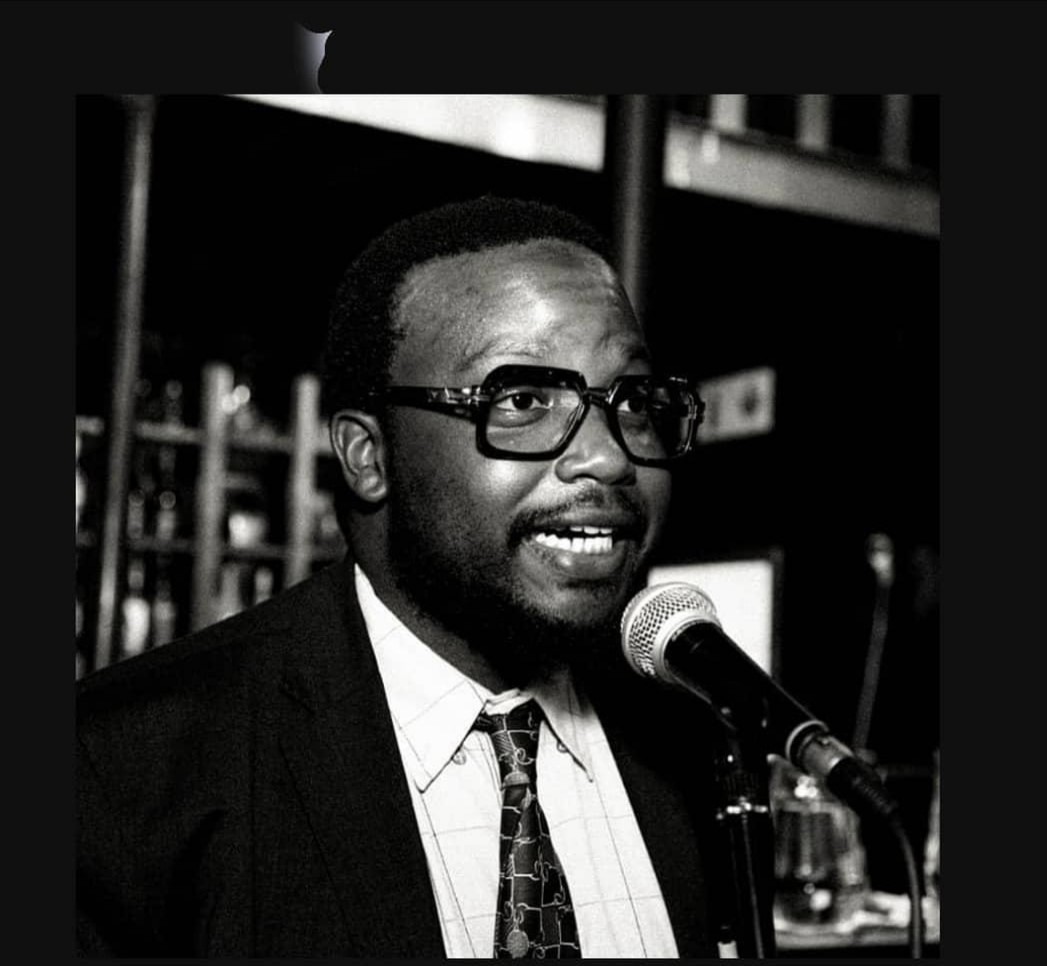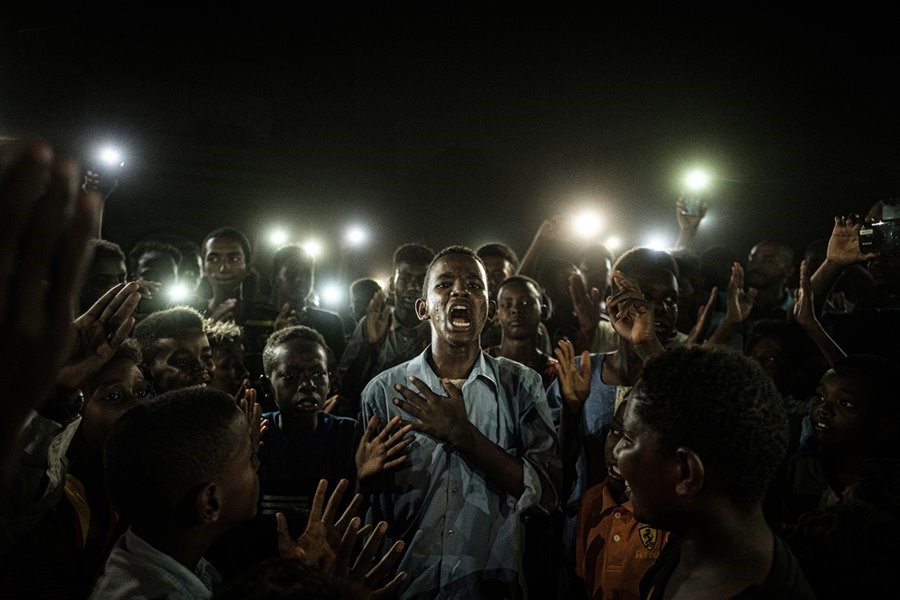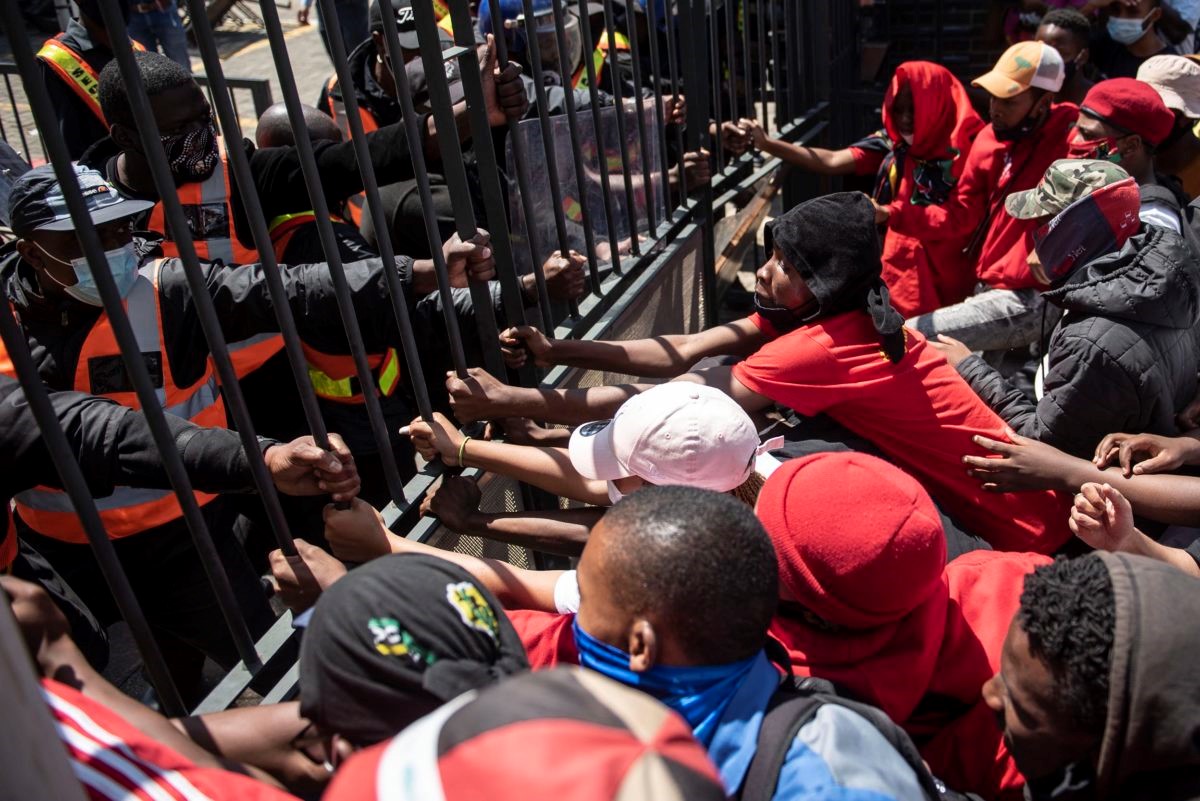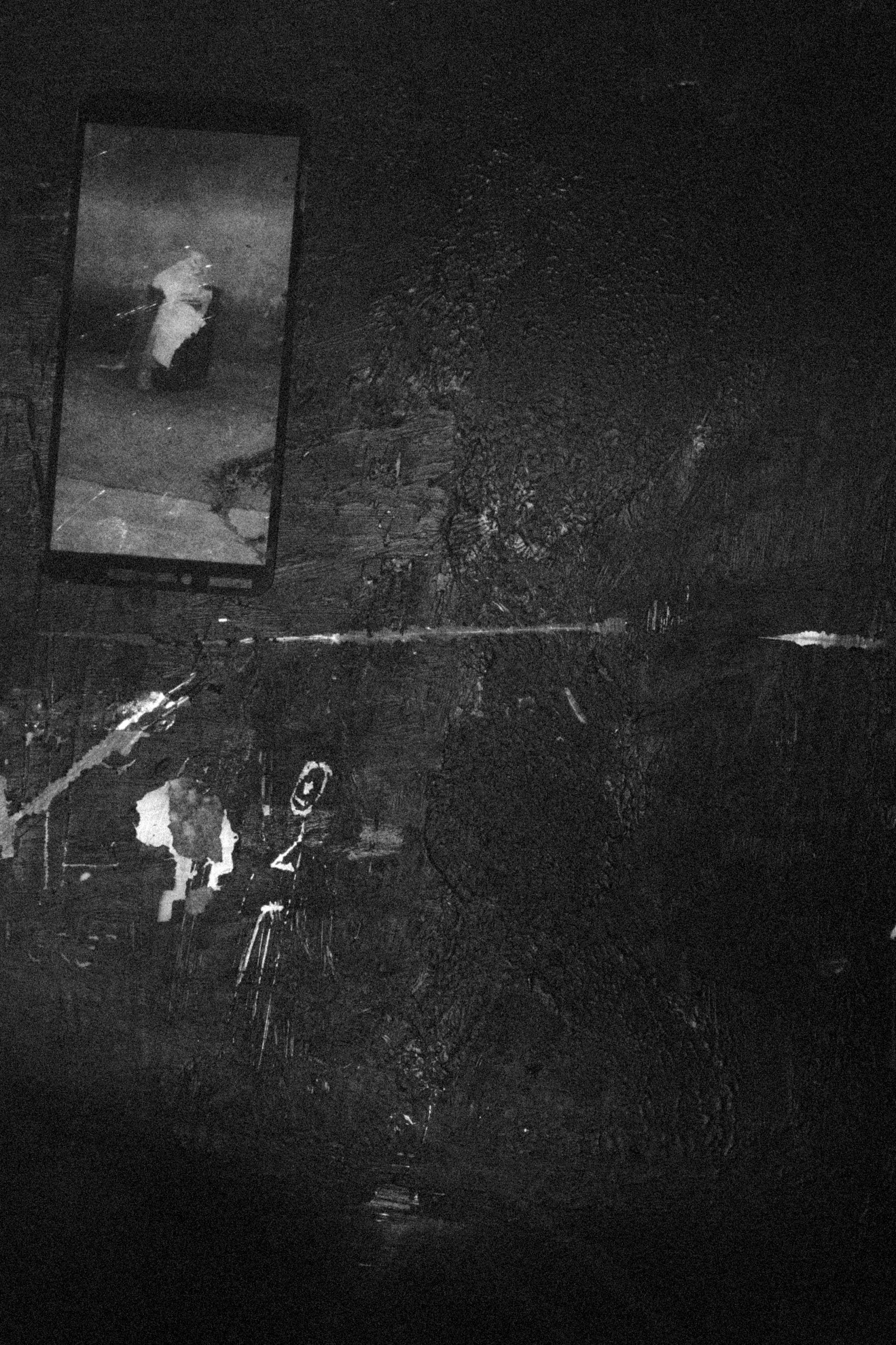“Neocolonialism is at work on two fronts – in Europe as well as in the underdeveloped countries. Its current framework in the underdeveloped countries is the policy of aid, and one of the essential aims of this policy is to create a false bourgeoisie to put brakes on the revolution and to enlarge the possibilities of the petty bourgeoisie as a neutraliser of the revolution” - Amilcar Cabral
“The question as to who, and what, is responsible for African underdevelopment can be answered at two levels: First, the answer is that the operation of the imperialist system bears major responsibility for African economic retardation by draining African wealth and by making it impossible to develop more rapidly the resources of the continent. Second, one has to deal with those who manipulate the system and those who are either agents or unwitting accomplices of the said system. The capitalists of Western Europe were the ones who actively extended their exploitation from inside Europe to cover the whole of Africa. In recent times, they were joined, and to some extent replaced, by capitalists from the United States...None of these remarks are intended to remove the ultimate responsibility for development from the shoulders of Africans. Not only are there African accomplices inside the imperialist system, but every African has a responsibility to understand the system and work for its overthrow.”- Dr Walter Rodney
The Importance of Mali to The Global Afrikan Identity
If you are an Afrikan proper, and you hear there is political turbulence and death of fellow Afrikans in Mali, your heart just becomes even heavier with pain.
This pain comes from the knowledge that, much of the political conflict that is ravaging Afrika today is not always instigated by Afrikans, but by countries and forces that either seek to strengthen their grip on Afrika’s natural resources or those that seek to also get a piece of it, like the Chinese.
So there is a sense in which much of the political turmoil we see in Afrika today is actually a result of what can be described as the second 'scramble for Africa'.
The other reason why it should disturb us as Afrikans when we hear there is turbulence in Mali is because of what Mali represents for us epistemologically and spiritually.
I always make the point that, in trying to understand contemporary Afrika and its political dynamics, it is important to bear in mind how the Berlin Conference (1884-85) is responsible for both the political architecture and turmoil that continues to afflict Afrika today. We have just learned that there has been another coup in Mali.
The place we today refer to as Mali is historically part of a vast, complex and fascinating ancient empire that was once called Bilad Al-Sudan and goes back as far as 300 BC. This empire covered present-day Mali, Senegal, Mauritania, Niger, Burkina Faso and parts of northern Nigeria.
Between the period 1200 to 1600 CE, the Empire of Mali was one of the largest empires in west Afrika. At its height, it spanned from the Atlantic Coast to central parts of the Sahara Desert.
The Malian Empire was founded in 1235 CE by the legendary King Sunjata Keita (1230-1240) and lasted until the early 1600s CE. One of its other great rulers was Mansa Musa (1307-1324).
This Malian Empire arose with the consolidation of several small Malinké Kingdoms in Ghana around the areas of the upper Niger River. The Mali Empire was therefore a conglomeration of outlying areas and small kingdoms.
All these Kingdoms pledged allegiance to Mali by offering annual tributes in the form of rice, millet, lances and arrows. Mali prospered from taxes collected from its citizens, and all goods brought in and out of the Empire were taxed while all gold nuggets belonged to the King.
However, gold dust could be traded and at certain times gold dust was used as currency together with salt and cotton cloth. Cowrie shells from the Indian Ocean were later used as currency in the internal trade of Western Sahara.
However, the one attribute of the Malian Empire that cemented its position in human history - is its vibrant and breath-taking culture of scholarship. Through the renowned city of Timbuktu, the Malian empire became a prestigious centre for multidisciplinary learning and spectacular architecture.
It was home to the legendary Sankara Madrassa. A breath-taking scholarly hub that housed over 250 000 manuscripts, making it second only to the great library of Alexandria in Kemet.
Mali was home to one of the world’s earliest universities-the University of Sankore which produced a plethora of great Afrikan astronomers, philosophers, engineers, mathematicians.
These are such great Afrikan scholars as the Kunti scholars - Shaykh Sidi al-Mukhtar al-Kunti (1729-1811) and Shaykh Sidi Muhammad al-Kunti (d.1826), Shaykh Muhammad Baghayogho al-Wangari (founder of the Wangari Manuscripts).
One of the greatest Afrikan scholars to emerge from this period is the multifaceted genius called Ahmed Baba (1556-1627). The contribution of Baba to such disciplines as astronomy, cartography, spirituality, writing, mathematics can only be compared to that of the first known genius-Kemetian great, Imhotep.
It is after him that Mali's current Ahmed Baba Institute of Higher Education is named. It houses over 20 000 manuscripts that provide evidence of the practice of high-level and multidisciplinary scholarship by Afrikans, long before the arrival of the Arabs or Europeans in Afrika.
Towards the end of the 1400s, the greatness of the Malian Empire began to wane. The invasion by both the Arabs and Europeans (the French to be exact) contributed to the decline of the great Malian Empire.
Why it is important for Afrikans and in particular Afrikan young people to understand this history? Today, western education and its 'revered' scholars continue with the age-old diabolic project of projecting the Europeans as naturally and cognitively superior to Afrikans.
We must never forget what some of the most celebrated European philosophers said about us. In his Physische Geographie (Vol.II) Immanuel Kant (1724-1804) wrote:
"Humanity reaches its greatest perfection in the white race. The Negroes are lower and the lower are some of the American peoples."
In his' Lectures on the philosophy of history' Georg Hegel (1770-1831) wrote:
“Africa is no historical part of the world; it has no movement or development to exhibit".
In The Meanings of Timbuktu, Shamil Jeppie cuts through this anti-Afrikan drivel of racists like Kant and Hegel (which is often presented as erudite scholarship), when he writes:
"Thus, in the view of the colonial rulers of the twentieth century, history began with the arrival of the white man, whether he may have set his foot on the continent.
Whatever else went before or was contemporaneous with the conquest was derided, denied and denigrated. The exceptions lay in the way in which the great architectural and artistic works of the continent were seen: while they were recognised and preserved, they were attributed to people outside the continent. No indigenous intelligence was possible. Even in the case of the written word legacy in Timbuktu, the popular view is that the authors of the works were 'outsiders', 'Arabs'.
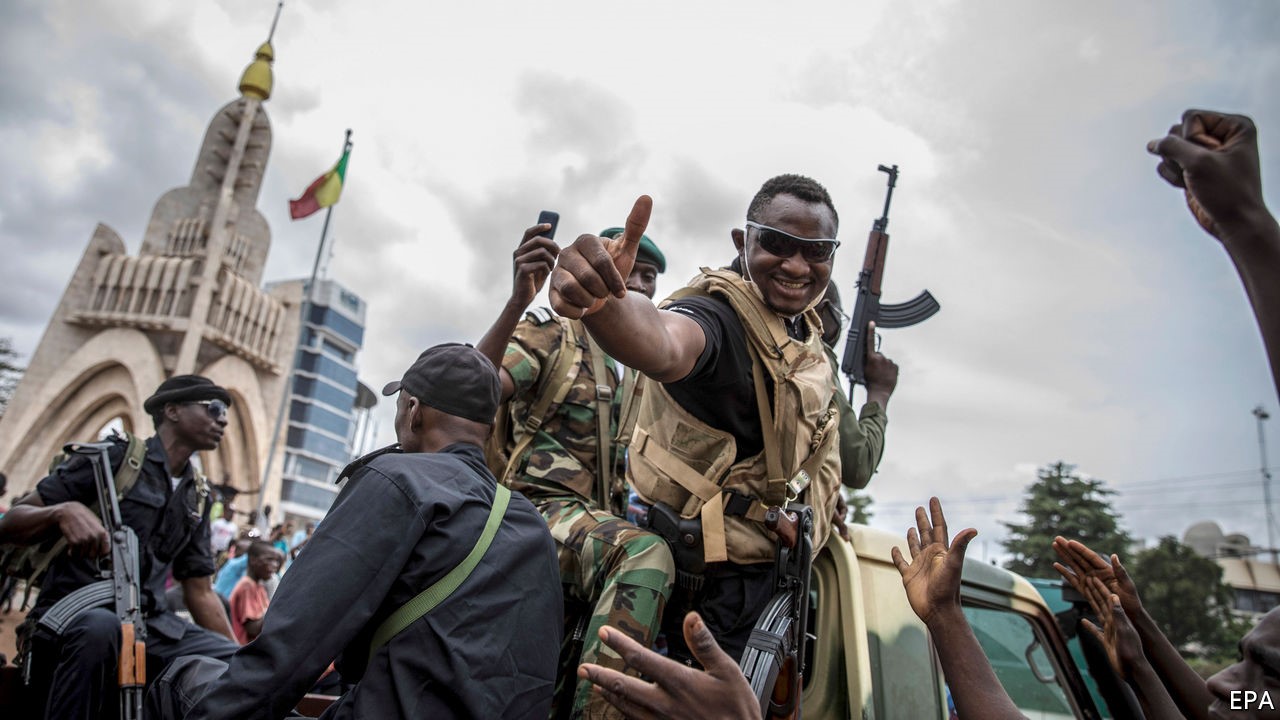
The Bloody Consequence of French Imperialism in Afrika
The current upheaval in Mali must be understood within the context of the broader political upheaval in West Afrika and in particular, the unwelcome presence of European imperialist powers like France in Afrika.
France, like all the European countries that were represented at the convention of thieves, looters, rapists and murderers - the Berlin Conference, was determined to claim its share of Afrika.
France was interested in Afrika’s vast array of mineral resources, in particular oil and uranium (which helped France prop up its nuclear power). In executing its imperial project, France was as determined as it was ruthless.
To help us understand the depth of French cruelty in Afrika, Takudzwa Hillary Chiwanza makes the point that:
"For African leaders who boldly stood up to the unending imperialist tendencies of the former colonial powers, this has generally been met with death. And France has never been hesitant to eliminate presidents who posed a threat to their imperialist plans. France has consistently connived and been in collaboration with other Western powers to assassinate African presidents they deem a threat to their interests.”
These three French intelligent services, The External Documentation and Anti-Espionage Service (SDECE), DGSE and DST have been very active in doing the dirty work that encompasses coups and assassinations. French crimes in Africa have been made up of misinformation campaigns, "controlling black-skinned governors" (puppet presidents) and military propaganda.
France has always ensured that former colonies remain under its tight hand. This explains the existence of the CFA Franc, a colonial currency that keeps former colonies from fully attaining economic independence.
Presidents like Thomas Sankara who denied being under France’s influence were eliminated from the planet, with France playing a big role in that grisly assassination.
To illuminate the brutality of the French, Chiwanza further provides a list of Afrikan heads of state that were assassinated by France, between 1963 and 2009.The list is as follows:
1963: Sylvanus Olympio of Togo;
1966: John-Aguiyi Ironsi of Nigeria;
1969: Abdirachid Shermake of Somalia;
1972: Abeid-Amani Karume of Zanzibar;
1975: Richard Ratsimandrave of Madagascar;
1975: Francois-Ngarta Tombalbaye of Chad;
1976: Murtala-Ramat Mohammed of Nigeria;
1977: Marien Ngouabi of Congo-Brazzaville;
1977: Teferi Bante of Ethiopia;
1981: William Richard-Tolbert of Liberia;
1987: Thomas Sankara of Burkina Faso;
1989: Ahmed Abdallah of the Comoros;
1989: Samuel-Kanyon Doe of Liberia;
I992: Mohammed Boudiaf of Algeria;
1993: Melchuior Ndadaye of Burundi;
1994: Cyprien Ntaryamira of Burundi;
1994: Juvenal Habyarimana of Rwanda;
1999: Ibrahim Barre-Mainassara of Niger;
2001: Laurent-Desired Kabila of Republic of Congo; and
2009: Joao Bernardo Viera of Guinea-Bissau.
What Is France’s Interest In Mali?
“Without Africa, France will have no history in the 21st century.” — Former Prime Minister François Mitterrand, in 1957
“… Without Africa, France will slide down into the rank of a third [world] power.” — Former French President Jacques René Chirac, in 2008
“… A little country [France], with a small amount of strength, we can move a planet because [of our] relations with 15 or 20 African countries …” — Former French Minister Jacques Godfrain, in 2011
“We have to speak the language of truth: African growth pulls us along. Its dynamism supports us and its vitality is stimulating for us … We need Africa.” — Speech by French Finance Minister Pierre Moscovici
Since declaring independence from France 59 years ago, the modern state of Mali has never really known peace (something that is common to all French colonies in Afrika).
In 1968, Mali's first leader after the declaration of independence, Modiba Keita was removed by a military coup led by Lieutenant Musa Traore. In 1985 a war broke out between Mali and Burkina Faso over the Agacher Strip.
In 1991, Traore was removed through a military coup led by Lieutenant Colonel Amadou Toumani Toure (who had embezzled over $ 2 billion).
1992 marked the beginning of relative calm and the resumption of the era of electoral politics. Alpha Oumar Konare was officially declared president and he won a second term in 1997.
In 2002, Konare was replaced by Amadou Toumani Toure. In 2007, Toure was re-elected and beat his opponent, the recently deposed Ibrahim Boubacar Keita.
Then in 2012, Toure was overthrown through a military coup (just a month before the elections). Since the 2012 coup, the Malian state had been severely weakened and Mali found itself stumbling from one political crisis to the other.
The over 50 years of political turbulence in Mali can be attributed to a combination of internal and external factors. The armed struggle for self-determination by the Tuareg under the National Movement for the Liberation of Azawaad (MNLA).
This Uprising started in 1962 and has created security problems for successive Malian governments. The Taureg are fighting for an independent state in the north of Mali.
Then there is the insurgency by Islamist groups like the Ansar Dine, AQIM and MOJWA that gained momentum in 2012.These Islamist groups also fought against the MNLA and have essentially hijacked the legitimate liberation struggle of the Tuareg people.
Their insurgency spread into neighbouring Niger and Burkina Faso. Another critical factor in the destabilisation of Mali and the whole Sahel (that is not often spoken about) - is the illegal invasion of Libya in 2011 by France and other western imperialist powers.
This imperialist adventure contributed substantially to the proliferation of arms and armed groups in the Sahel and essentially sparked renewed armed conflict in the region.
In his capacity as president of the United States of AmeriKKKa, Barack Obama is one of the people who must take full responsibility for the current political upheaval in the Sahel.
To protect its own interests, France started deploying its army in the western Sahel around 2013. Currently, France has over 5000 soldiers in the Sahel and about 3000 in northern Mali.
The intervention of the French Army is allegedly part of the so called 'war on terror' in the Sahel. Like any imperialist power, France will not just risk the lives of its soldiers for sweet nothing
So what are the interests of France in Mali? France has one of the world’s biggest gold reserves but no gold mines. Mali has over 50 gold mines and no gold reserves. And the Sahel is a rich source of uranium.
France became a nuclear power through the uranium it controlled in Afrika. The truth is that, just like other European imperialist states, France has been mercilessly stealing Afrika’s resources for centuries.
And has used this stolen wealth to build itself into the global power it is today. One of the ways in which France has been robbing its colonies in Afrika has been through the so called Pact for the Continuation of Colonialism.
This was essentially an economic contraption that ensured that the national reserves of Afrikan French colonies, are controlled by the French Central Bank. In fact, France didn't start this exploitative relationship with its colonies in Afrika.
Shortly after Haiti declared independence, France deployed its army in Haiti, held them as hostages and demanded that Haiti agree to pay France a certain amount.
The French demanded 150 million Francs (later reviewed to 90 million Francs) for the losses that the French slave owners had “suffered” by losing their property - the people of Haiti.
The repayment of this colonial tax by Haiti to France had the same deleterious effect that the French colonial tax had on its Afrikan colonies. This is the context within which the chronic underdevelopment of Haiti and that of the colonies of France in Afrika must be understood.
In the months leading up to the August 2020 coup that removed Keita, there have been all manner of upheaval in Mali. From protests, to brutality by the security forces, killing of civilians, electoral mishaps and allegations of corruption against Keita.
The fact that the Malian state had been severely weakened since the 2012 coup and the vulgar levels of inequality, have served to hasten the fall of Keita.
However, given what has happened over the past 50 years, will the removal of Keita really end the corruption, social inequality and armed conflict in Mali? I doubt it will. It is too endemic.
Keita had a very cordial relationship with the current Macron government and given the strong French military presence in Mali, how was it possible for someone who was in the good books of the French government to be deposed?
It is just strange that the 'mighty' French army that is stationed in Mali to fight against 'terrorism', could not come to the aid of Keita. How so? As stated earlier, this is not the first time a Malian head of state is removed through a military coup.
Has any of the previous military coups resulted in an end to the suffering of the ordinary people of Mali? No they have not. My own sense is that, because of its geo-location and mineral resources, Mali finds itself perpetually ensnared in a debilitating vortex of proxy imperialist conflict.
What is the long-term solution for peace and stability in Mali? The problem of Mali and the Sahel is the persistence of neocolonialism. And so, the long- term solution is only one - expel all the foreign imperialist forces and their puppets from Afrika, and do so by any means necessary.



